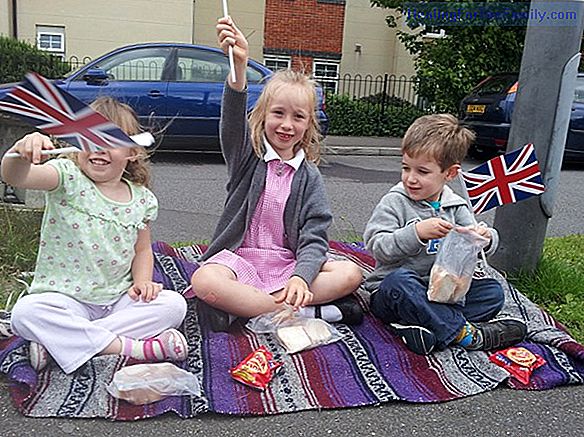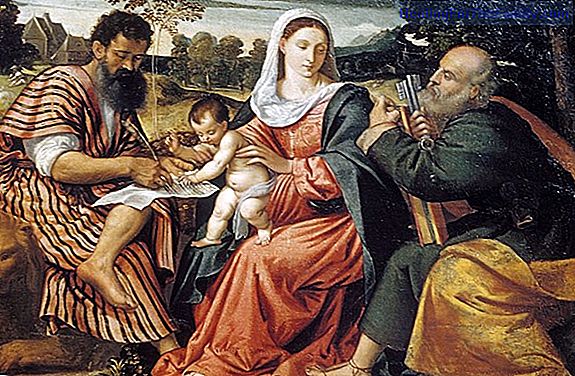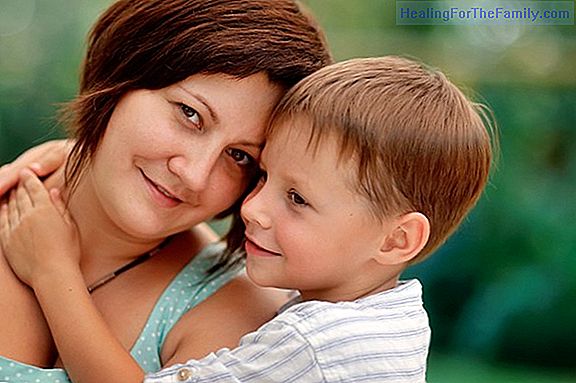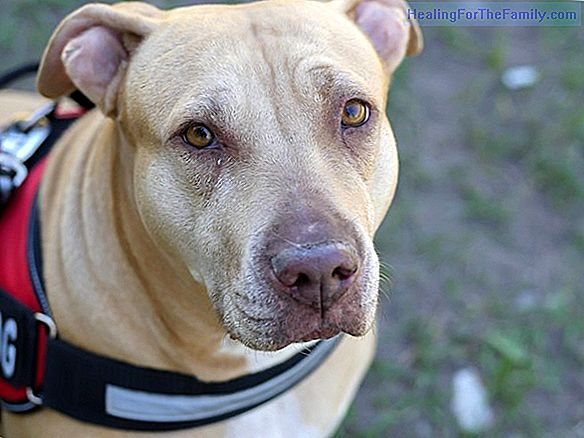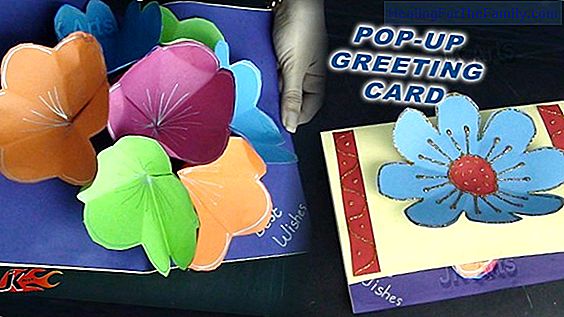How the child's personality evolves
The personality is largely based on the set of experiences that the child perceives throughout his life and his / her way of being is not considered to be full until it reaches the adult age, having a development process and going through some life stages until it stabilizes, may suffer some variati
The personality is largely based on the set of experiences that the child perceives throughout his life andhis / her way of being is not considered to be full until it reaches the adult age,having a development process and going through some life stages until it stabilizes, may suffer some variations, not being frequent or very marked.
In short, the personality is a scheme of thought, a pattern of behavior and a way to get emotional that is stable over time and in the different situations that are taking place. These patterns and schemes explain how the child perceives reality and how it interacts with the environment.
Being introverted or extroverted, being sensitive or insensitive, being intuitive or rational are all categories that reflect aspects of those patterns and that define the child's personality. A way of being that in a small part is hereditary (endocrine action of some hormones, the child's ability to adapt, their mood) and in a large part is acquired and shaped by the surrounding environment (the family, the school, friends) and their life experience.
How the child's personality evolves through the stages of life
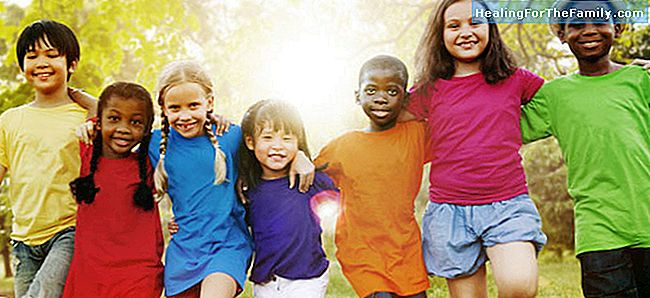
For years there have been many authors who have wanted to establish theories of how personality develops. The two most well-known theories, while outdated at the time we are living are: the theory of the psychosocial development of Sigmund Freud and the theory of the psychosocial development of Erikson. Thanks to these theories we have a base from which we can start to talk about stages in the development of the child's personality.
We must bear in mind that the limits of these stages are not very clear and it may be questionable where they start and where they end, but there is consensus about what they are and how they occupy our lives.
- Early childhood(from 0 to about 3 or 4 years old) When the child is born, it can be considered that he does not have a marked personality, since he has not had experiences that make him think or act in a way determined. But, as the days go by, we can observe a certain pattern of behavior: weep a lot or a little, respond with fear or curiosity, etc. These behaviors are part of the so-called temperament that has a biological and innate basis, that is, it is hereditary and is a component that acts as a basis for the construction of the personality.
- Childhood (from 4 years to 7 years old) As it grows, the child develops different cognitive and physical abilities that allow him to know and understand how the world works. This way you will see how you can influence and participate in it. Behavioral patterns are acquired from the temperament and its confrontation with the environment that surrounds them. In this stage children acquire beliefs, norms that come from others and values that they learn from imitation.
- Puberty (7-11 years) and adolescence (11-17 years) These stages go hand in hand. It is the point at which children are passed on to adults and, therefore, a key stage in the formation of personality. It is a complex stage where the organism is in a continuous process of change where different aspects and realities are experienced. The number of environments in which it participates increases, and the number of people with whom it interacts. In addition there are hormonal changes. All this makes his search for social bonding stronger. It is a moment marked by the child's need to differentiate itself, this is how a rupture with adults and family members usually takes place and the questioning of everything that has been inculcated through experimentation, the child tries different ways of seeing life, staying with some aspects of the experience and shaping others. He is looking for an identity of his own, which in time crystallizes into a differentiated personality.
- Adults (from 18 onwards) As of adolescence we can speak of personality properly speaking, since it is the moment where a stable pattern of behavior, thought and emotion is forged. The personality can still vary but the structure of this, in broad strokes will be already similar unless there is an event very relevant to the subject. As we get older and older, the personality remains stable but there begins to be a loss of skills along with other aspects that can affect the individual to the way of relating to the world.


